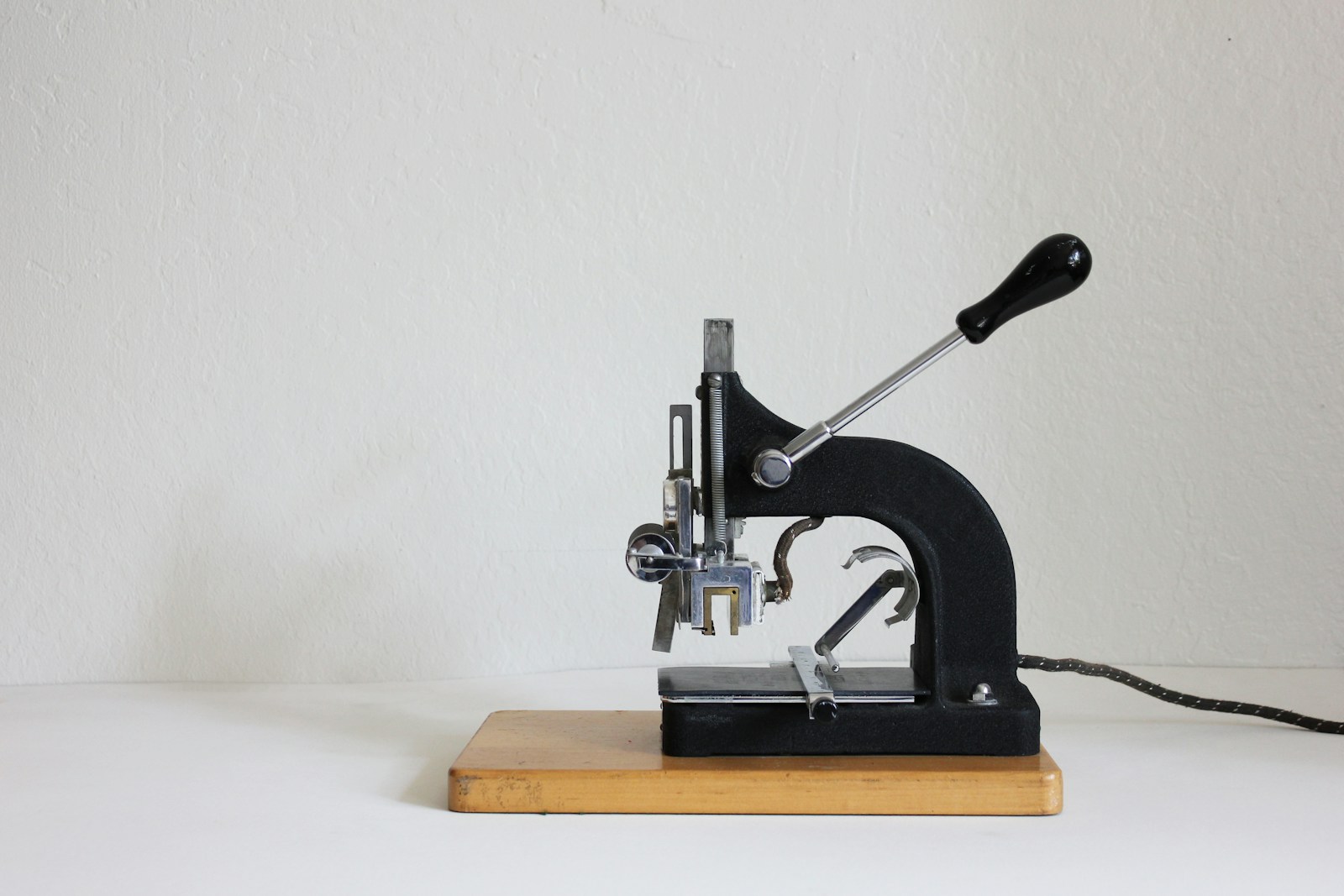
prensa

press
The word 'prensa' in Spanish translates to 'press' in English. It is often used to refer to the medium of newspapers and magazines or any other print media. It can also be referred to as a device that applies pressure to compress or shape a material. In context, if it's related to a pressing action it could be 'presionar'. Like English, the specific usage can depend on the context of the sentence.
Example sentences using: prensa
La prensa de oliva está en uso.

The olive press is in use.
Here, 'prensa' is talking about a device used in the production of olive oil to press the olives and extract the oil. It does not refer to a news agency.
Ella lee la prensa todos los días.

She reads the press every day.
In this context, the prensa refers to newspapers or generally media outlets. It is not, as it might be in English, referring to a book or other reading material.
La prensa está escribiendo sobre el evento.

The press is writing about the event.
In this sentence, 'prensa' refers to journalists or media outlets who are reporting on an event. It is not referring to a physical press or machine.
La prensa de vino está rota.

The wine press is broken.
Here, 'prensa' refers to a machine that is used to extract juice from grapes for winemaking. It does not refer to a news agency.
Necesito una prensa para mi taller.

I need a press for my workshop.
In this instance, 'prensa' refers to a mechanical device used for shaping or manufacturing materials, not to a media outlet.
La prensa cubrió el escándalo político.

The press covered the political scandal.
'Prensa' here denotes the collective body of media and journalists, not a physical, mechanical device.
La libertad de prensa es vital para una democracia.

Press freedom is vital for a democracy.
In this sentence, 'prensa' refers to the concept of freedom of speech in context of journalism. It does not refer to a physical press or machine.
Él está en la prensa de baloncesto.

He is in the basketball press.
This sentence refers to the sports media related to basketball -- 'prensa' in this context is about coverage or discussion in news outlets, not a physical press.
Los políticos temen a la prensa.

Politicians fear the press.
In this context, 'prensa' is talking about the media and its potential to influence public opinion. It is not talking about a physical press or machinery.
La prensa está en el banco.

The press is on the bank.
In this sentence, prensa is not talking about the press as in media, but press as in a machine commonly found in workshops or garages. Similarly, banco in this context does not mean a financial institution, but a workbench.